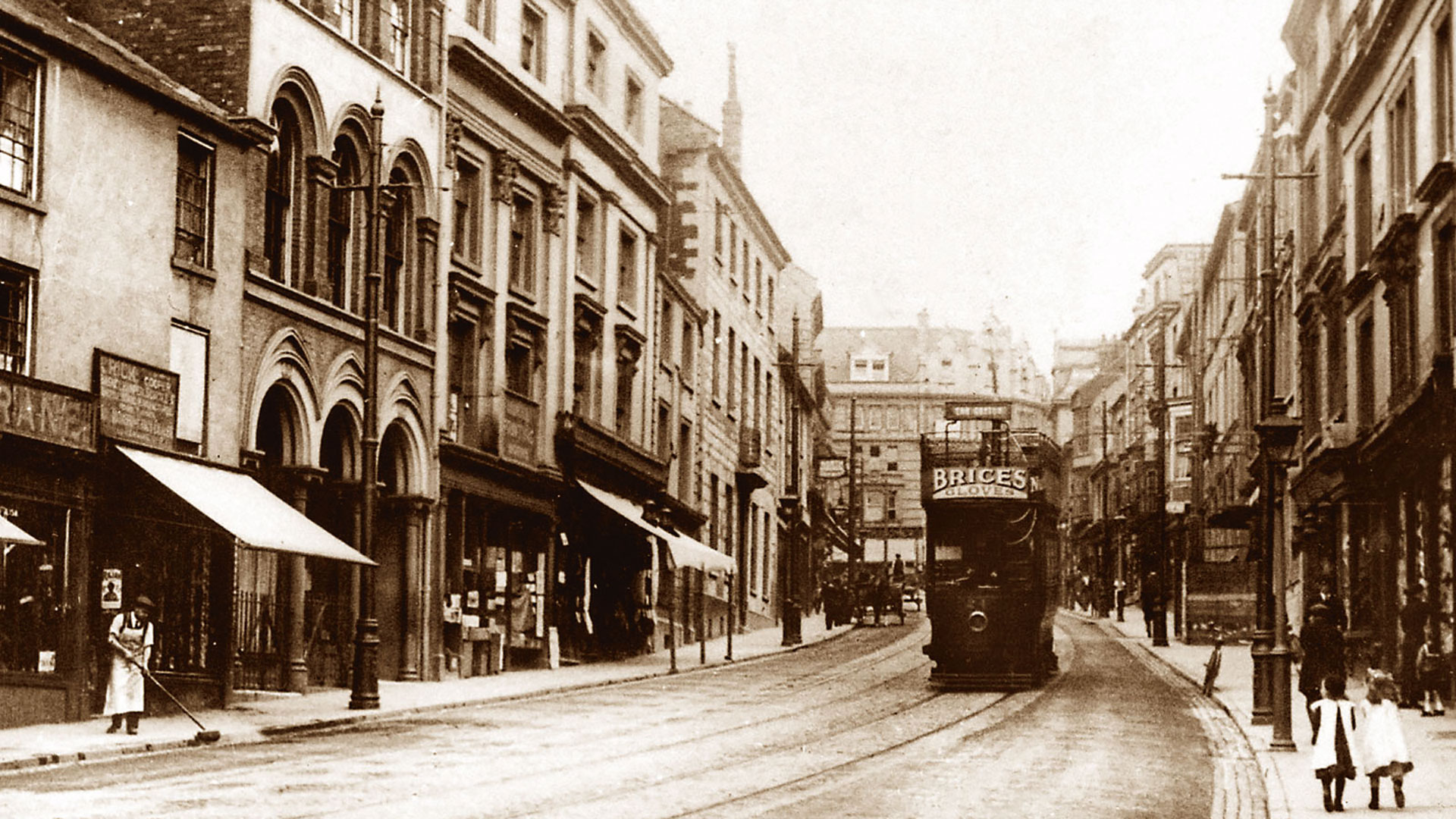Hamilton Academical, Stenhousemuir, Queen of the South, Motherwell, Cowdenbeath and Partick Thistle are all Scottish football club names that, for some reason, were read out on the radio in the orphanage I was in as a child. Such rhyming-like sounds were electric to me.
Of course, I realised later that the football results were read out on the radio so that people could ‘do the pools’, a brilliant invention where you guessed the results of Saturday games before they were played. And if you actually managed to get enough right, you could win money. On rare occasions, you could win big time, turning into an instant millionaire. The pools simply involved pooling your few shillings with millions of others. This made multi-millionaires of the creators of such schemes. In the same way, when we all buy stuff from Amazon, each of the few pence we spend turns into billions for billionaires.
It’s the power of us that is lethal or lovable. We can collectively destroy every high street and reduce every age-old fortune – such as the House of Fraser or BHS – to bankruptcy. In the same way, we can inaugurate the political fortunes of a Corbyn or a May or tear up the European Union. All through collective action.
We are trying to ‘pool’ efforts. To create a revolutionary reinvention of the local economy.
We are the sensible (or insensible) force for the good, the bad and the indifferent. Why? Because we’re mostly involved in doing things en masse in our daily lives, and – in the process – we decide prosperity, justice, truth, fortune and misfortune. We are the consumer ants that build the palaces of today and sometimes tear down the same palace tomorrow.
All this floods into my mind on the train from Euston to Northampton last Tuesday. I was heading to Northampton with the small team who support my parliamentary work to try to effect a revolution in trade and prosperity. We want to do a conference there that leaves a lasting legacy. We are not going to Northampton to get everyone to sign up to being nicer to homeless people or fill in forms for human rights. We are not looking for hollow words about good intentions. Rather we are trying to ‘pool’ efforts. To create a revolutionary reinvention of the local economy.
What if 100 local businesses started buying services from each other locally to the profit of the community? For example, the housing association could offer the gardening services that they provide to their housing estates to the local insurance business or estate agent. Working together, the community could bulk-buy, share resources and grow businesses – with part of the profits from this trading allocated for social support for local people in poverty.









